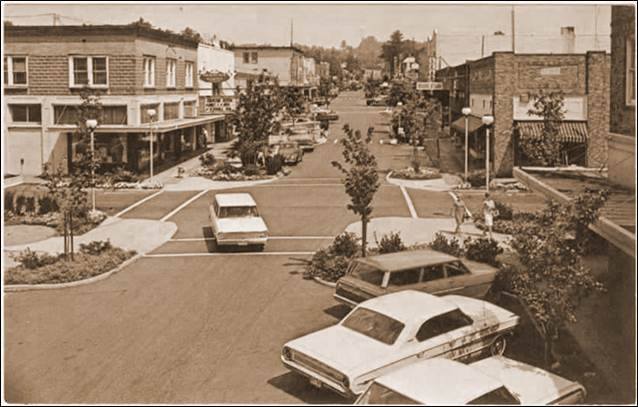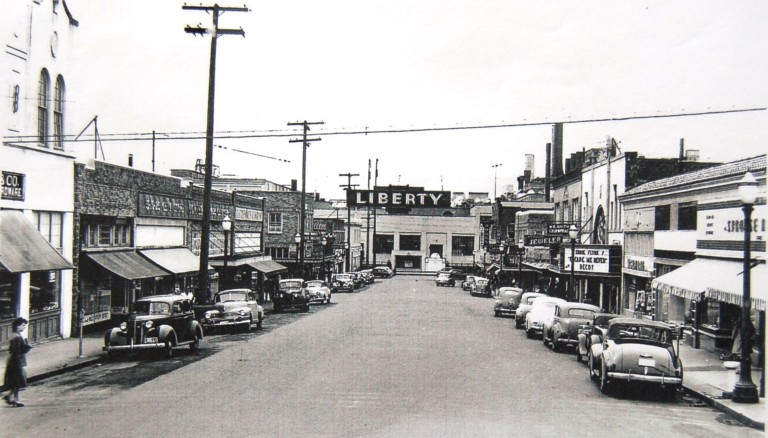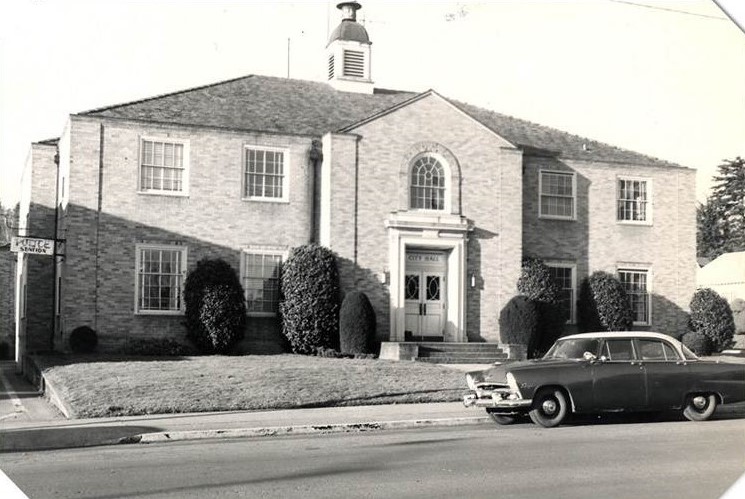THAT SMALL TOWN FEELING
Why our communities of Camas and Washougal are a wonderful place to live.According to a study conducted by the City of Camas, many people value “that small town feeling” as a major reason for choosing this area as home. Just what constitutes that feeling? How is it conveyed from older residents to newcomers?
Almost 50 years ago, my husband and I moved to our first home and became a part of the east county small-town lifestyle. Having grown up in a town of 800 people, we understood small towns, but we were not familiar with the Community Chest. As educators, we heard about Community Chest at the beginning of each school year and wondered just how and when this group began serving our area.
Well, it dates back to 1946. That is the date on the official incorporation papers signed by Dr. Harris (for whom the Camas stadium is named), Odmund Egaas, and Marjorie Howard. Shipyard, mill, and other local workers were actively involved, as well as business people and school employees. Washougal joined the group in 1956 when the charter was amended. Dick Lawton, our former next-door neighbor, was the executive secretary at the time this happened and an avid supporter of Community Chest.
During World War II, Camas and Washougal had long traditions of working together to support the war effort. There were local USO chapters, day care for children of shipyard workers in the basement of the Lutheran Church, and service clubs to meet the needs of war-time communities, to name only a few. At the end of the war, the local scene was ripe for more participation. Service men and women were returning home to marry and begin families. People were used to working together to get things done during the war, and then they turned their attention to making their communities a better place to live.
The Lions and Kiwanis Clubs of Camas-Washougal had been collecting funds to be used for local needs, primarily youth activities. These groups supported the beginning of the youth camp at the end of Lacamas Lake that would later bear the name of its key supporter, J. D. Currie – Camp Currie; the Sandy Swimming Program, also supported by the Fire Departments; the Boy Rangers, the precursor to the modern Cub Scouting Program; and later the Girl and Boy Scouts. Community leaders felt that a larger, more broad-based group might be able to raise funds to distribute locally better, and Community Chest was born.
The story wouldn’t be complete without hearing about Doc Harris who was always active in civic and youth affairs and J. D. Currie. Mr. Currie was a local attorney who was instrumental in getting Crown-Zellerbach to lease land near Lacamas Lake for a youth camp. He led the Boy Rangers there. As a Spanish-American War vet, he donned his military hat and boots and showed boys how to experience nature here at home. He worked with Fred Howe, the man for whom the old Camas High School Gym is named, on promoting summer park and recreation programs for youth. Fred, a teacher and coach in the 20’s, 30’s, and 40’s, was also vice-principal of the Camas Junior-Senior High School with Nora Self as principal for several years and served on the board of Community Chest. His son, Bob Howe, remembers Mr. Currie, his father, and others sitting around the dining room table planning fund raising efforts to benefit the community. Bob grew up in Camas, became an educator himself, and returned home upon retirement. He has taken up where his father left off by becoming an instrumental member of the Camas-Washougal Community Chest. The torch of community service continues to be passed!
So, the Camas-Washougal Community Chest is now 78 years old. It is run by an all-volunteer board and is a registered, non-profit organization that collects dollars each year to be dispersed to organizations that apply for funds annually. In the past, they have supported groups such as the Inter-faith Treasure House, Boy Scouts, Girl Scouts, Children’s Home Society of Washington, Kiwanis Camp Wa-Ri-Ki, Janus Youth Program, Silver Star Search & Rescue, and Principal’s Checkbooks for both school districts. The Checkbooks are available for school children to receive school supplies, clothing, band rental fees, and medical assistance as needed. The Chest’s main expenses include insurance, printing brochures, mailing materials, and stamps. What other organizations can boast such low operating costs?
The Community Chest is a true grass-roots organization. It is incredible that our small communities have been helping to support their own for nearly three generations! In order to continue our work, however, we need the message to go out about our group. We don’t use money donated to pay for advertisement, so we rely on tradition and word-of-mouth to generate our annual contributions. An annual gift to Community Chest benefits many organizations that bring opportunities and civic service to residents of Camas and Washougal. Without local interest and contributions, the work cannot continue. The fund drive is year around, beginning each fall. Local residents are encouraged to donate through their place of employment or by private checks.
So now you know a little history behind part of “that small town feeling”. If you would like more information about the Camas-Washougal Community Chest or if you would like to schedule a member of the Community Chest to speak to your business or organization, please contact the group at P. O. Box 960, Camas, WA 98607 or email info@camaswashougalcommunitychest.org.
LaDene Mattson is a retired elementary teacher who has worked in both the Washougal and Camas School Districts. She previously served on the C-W Community Chest Board of Directors.



